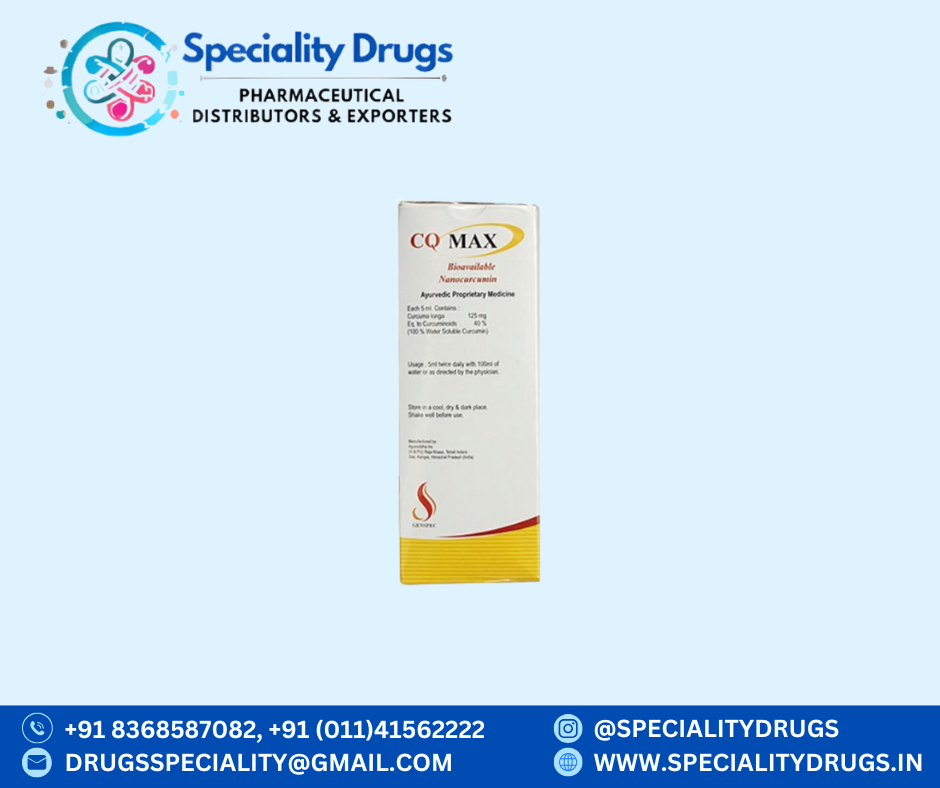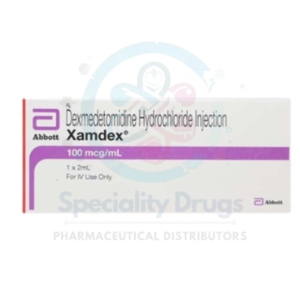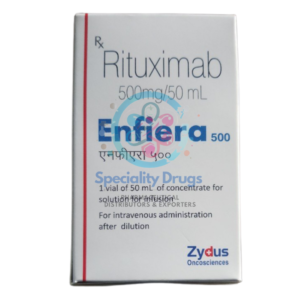What is CQ-MAX Syrup?
CQ-MAX Syrup is a pharmaceutical preparation containing Chloroquine Phosphate as its active ingredient. It is an antimalarial medication commonly prescribed to prevent and treat malaria caused by Plasmodium parasites. CQ-MAX Syrup is specially formulated in liquid form for easier administration, making it suitable for children and patients who have difficulty swallowing tablets.
What is the use of CQ-MAX Syrup?
CQ-MAX Syrup is primarily used for:
-
Treatment of malaria caused by chloroquine-sensitive strains of Plasmodium vivax, P. malariae, and P. ovale.
-
Prophylaxis (prevention) of malaria in areas where chloroquine resistance is not prevalent.
-
In some cases, it may be prescribed for certain autoimmune diseases like rheumatoid arthritis and lupus erythematosus (as per doctor’s recommendation).
Benefits of CQ-MAX Syrup:
-
Effectively treats chloroquine-sensitive malaria infections.
-
Can be used for malaria prevention in high-risk areas.
-
Liquid form ensures easy dosage adjustment for children.
-
Rapidly absorbed to control malaria symptoms like fever, chills, and fatigue.
-
May be used for certain autoimmune conditions under medical supervision.
Side Effects of CQ-MAX Syrup:
While generally well-tolerated when taken as prescribed, possible side effects may include:
-
Nausea, vomiting, or diarrhea
-
Abdominal pain
-
Headache or dizziness
-
Loss of appetite
-
Itching or skin rash
-
Blurred vision or visual disturbances (rare but serious)
-
Unusual muscle weakness (in rare cases)
1. What is CQ-MAX Syrup?
CQ-MAX Syrup is an antimalarial medicine containing Chloroquine Phosphate, used to treat and prevent malaria caused by chloroquine-sensitive parasites.
2. What is CQ-MAX Syrup used for?
It is mainly used for treating malaria and, in some cases, for preventing malaria in high-risk areas.
3. Can CQ-MAX Syrup be used for children?
Yes, CQ-MAX Syrup is available in liquid form, making it suitable for children, but the dosage must be prescribed by a doctor.
4. How should I take CQ-MAX Syrup?
It should be taken exactly as directed by your healthcare provider, preferably after food to reduce stomach irritation.
5. What is the usual dosage for CQ-MAX Syrup?
The dosage depends on age, weight, and medical condition. Your doctor will determine the correct amount.
6. Can CQ-MAX Syrup prevent malaria?
Yes, it can be used for malaria prevention in areas where chloroquine resistance is not common.
7. What are the common side effects of CQ-MAX Syrup?
Possible side effects include nausea, vomiting, headache, dizziness, stomach pain, and skin rash.
8. Is CQ-MAX Syrup safe during pregnancy?
CQ-MAX Syrup may be prescribed during pregnancy if the benefits outweigh the risks, but only under medical supervision.
9. Can I take CQ-MAX Syrup with other medicines?
You should inform your doctor about all other medicines you are taking to avoid drug interactions.
10. What should I do if I miss a dose?
Take it as soon as you remember. If it’s close to the next dose, skip the missed one and continue as scheduled.
11. What happens if I take too much CQ-MAX Syrup?
Overdose can be dangerous and potentially life-threatening, especially in children. Seek emergency medical help immediately.
12. Can CQ-MAX Syrup cause vision problems?
In rare cases, chloroquine can cause blurred vision or retinal damage with prolonged use. Inform your doctor if you notice visual changes.
13. How should I store CQ-MAX Syrup?
Store in a cool, dry place away from sunlight and out of children’s reach. Do not freeze.
14. Is CQ-MAX Syrup effective against all types of malaria?
It is effective only against chloroquine-sensitive malaria strains and not recommended for chloroquine-resistant infections.
15. Can CQ-MAX Syrup be taken without a doctor’s prescription?
No, it should only be taken under medical supervision due to the risk of side effects and toxicity.






Reviews
There are no reviews yet.